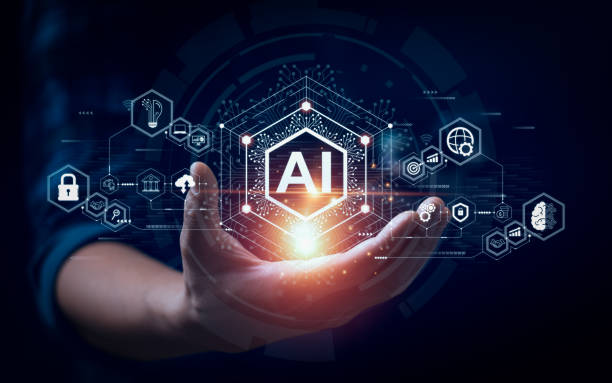
The Rise of Artificial Intelligence in the Workplace: Benefits, Challenges, and Future Trends
In recent years, artificial intelligence (AI) has transformed from a futuristic concept to an integral part of modern workplaces across industries. From automating repetitive tasks to providing advanced data insights, AI’s potential to reshape businesses is vast. This article delves into AI’s growing role in the workplace, exploring its advantages, current challenges, and emerging trends.
Benefits of AI in the Workplace
1. Increased Efficiency and Productivity AI-driven automation allows businesses to speed up routine tasks and reduce human error. For instance, in finance, AI algorithms can process transactions and detect fraudulent activities in real-time, significantly improving both speed and accuracy. According to the Harvard Business Review, companies leveraging AI to streamline processes report a 30-40% increase in efficiency
2. Enhanced Decision-Making with Data Insights AI systems can analyze vast amounts of data far more quickly than humans. Through machine learning algorithms, businesses can uncover trends and insights that help in strategic decision-making. AI-powered data analytics tools can help companies personalize customer experiences, optimize marketing strategies, and make data-driven predictions.
3. Personalized Customer Interactions Customer service departments increasingly rely on AI for chatbots and automated responses. These systems not only answer questions instantly but can also collect valuable customer data, helping companies better understand and respond to customer needs. AI-enabled chatbots are available 24/7, boosting customer satisfaction and support availability.
Challenges of AI Integration
While the benefits are significant, adopting AI technologies comes with its own set of challenges:
1. High Implementation Costs AI systems require substantial initial investment in technology and skilled personnel. For smaller companies, these costs can be a barrier, though the long-term savings and efficiencies often justify the expense.
2. Data Privacy Concerns The collection and use of vast amounts of data for AI processing raise ethical concerns regarding data privacy. Companies need to be transparent about data usage and adhere to privacy regulations like GDPR to avoid legal issues and maintain customer trust.
3. Skills Gap in the Workforce AI implementation demands new skills, and not all employees are prepared for the shift. The need for data science, machine learning, and AI literacy is increasing, making it essential for companies to invest in training or hire new talent to bridge the skills gap.
Future Trends of AI in the Workplace
As AI technology advances, several emerging trends are poised to shape the future of work:
1. Greater Emphasis on Human-AI Collaboration Rather than replacing humans, the future of AI in the workplace is about augmenting human capabilities. AI will handle repetitive tasks, allowing employees to focus on higher-value, creative, and strategic work. For example, AI tools in marketing analyze audience data and trends, enabling marketers to develop more targeted campaigns.
2. Expanding AI’s Role in Recruitment AI-based hiring tools are increasingly used to screen resumes, analyze job fit, and even conduct initial interviews. These tools can help minimize biases and streamline the recruitment process. However, companies must balance the benefits with ethical considerations, ensuring that AI-based decisions are fair and unbiased.
3. AI for Real-Time Employee Analytics AI will continue to play a role in employee management and development. Predictive analytics can help identify employees at risk of burnout, track performance trends, and provide personalized learning recommendations, fostering a more engaged and productive workforce.
Conclusion
AI is redefining the workplace, offering substantial benefits in efficiency, data-driven insights, and customer satisfaction. While challenges such as implementation costs and data privacy persist, ongoing developments promise an exciting future where human-AI collaboration becomes the norm. For businesses, investing in AI means not just adopting a technology but committing to a continuous journey of adaptation and innovation.
To remain competitive, companies must embrace AI thoughtfully, balancing the need for efficiency with ethical considerations. As we look
